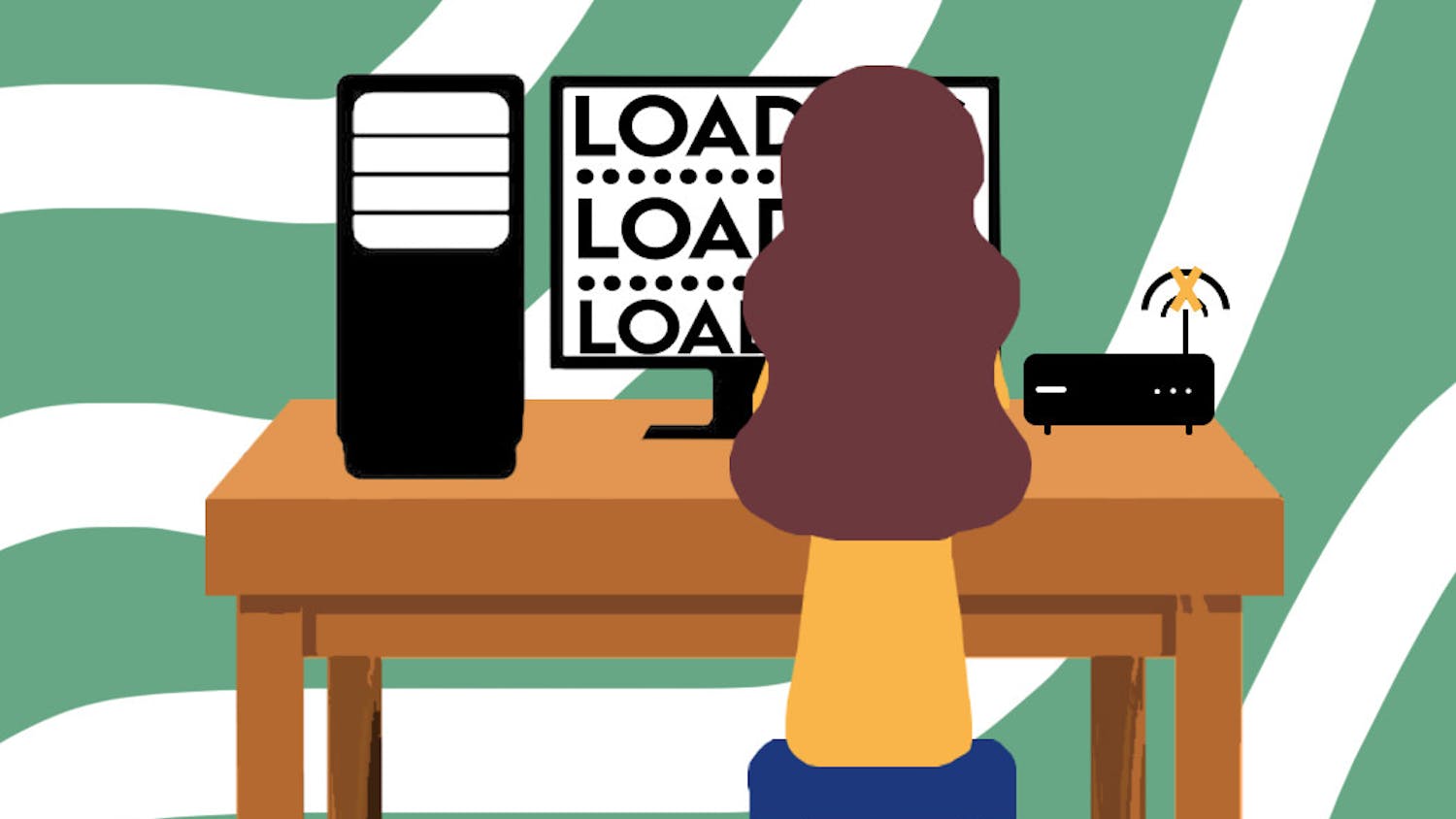We’re on the verge of a second civil war.
However, this one won’t be fought in fields with guns — it will be fought behind screens with codes.
We’ve all heard about the National Security Agency’s blatant disregard for individual privacy after Edward Snowden leaked classified documents in June. We didn’t know the full scope of the data theft until recently, though more information has yet to be released.
One week ago today, The New York Times, the Guardian and ProPublica jointly published a story stating that the NSA is able to crack Internet encryption, making virtually everything you do accessible to them. Secure email, virtual private networks and encrypted chat rooms — virtually anything protecting you from prying eyes — has been torn away.
More disconcerting are the code names for these higher-than-top-secret operations: Bullrun and Manassas. Those are two names for the first battle of the Civil War, where the public was declared an enemy of the state, according to the Guardian. Even rhetorically, we are all enemies of the NSA.
Usually with top secret operations, individuals involved are briefed on a “need-to-know” basis, which means exactly what it sounds like. If you need to know something about the operation, you’re told. But according to a briefing document about Bullrun, there was no need-to-know basis.
While I’ve spent my summer being outraged the government thinks it has any authority to infringe on my rights as a citizen, others have been enraged that our government’s secrets are being published for the world to see, buying into the rhetoric that this is necessary for our national security.
That is a false narrative.
The NSA simply doesn’t want the public to know its strategy.
The agency spends roughly $250 million a year of taxpayer dollars on the Sigint Enabling Project, according to its budget request on The New York Times website. This project seeks to work with U.S. tech companies to install “back doors” into software, essentially allowing the NSA to access data from supposedly secure programs like Skype, Outlook and Gmail.
This weakens national security. The back doors might be hidden, but they can be found and exploited by others.
Even if the NSA says it has the people’s best interests at heart, it’s making those people vulnerable to hackers with malicious intent.
People write all of this off, thinking that if you have nothing to hide, you have no reason to be afraid. However, the Hawthorne effect is well documented and shows that people behave differently under observation. Physics majors should know that even light behaves differently under observation. By nature of observing people, they stop being who they are and act differently.
Now, what I said earlier about the Civil War sounds drastic, but it’s not. For now, we don’t have much to fear. What about when the government has a vested interest in what you’re saying behind closed doors? What if what you’re doing or saying contrasts what’s in its interest?
Well, then the NSA has every tool at its disposal to bring you down.
Every encrypted email, every Facebook post and every phone call can and will be used against you.
Incriminating yourself will have never been easier.
Justin Jones is a UF journalism senior. His column runs on Thursdays. A version of this column ran on page 6 on 9/12/2013 under the headline "Big Brother’s watching: NSA exploits data"





